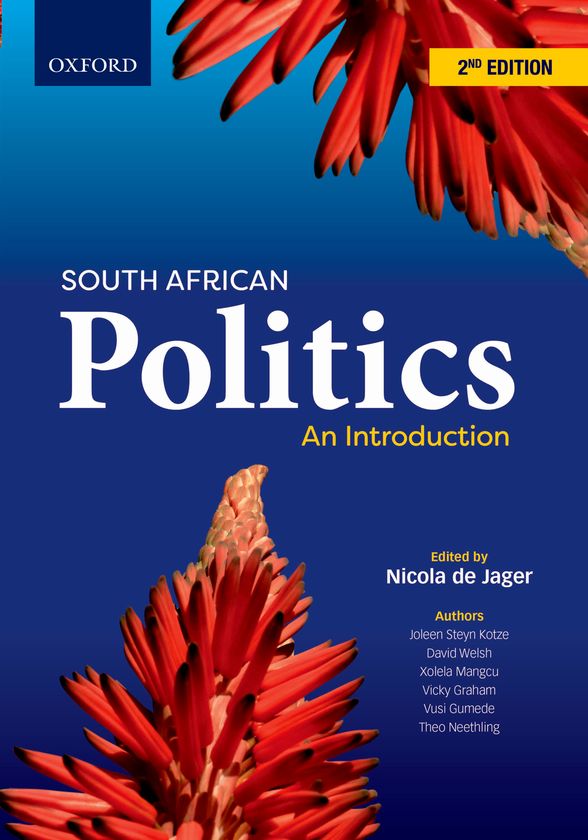Is South Africa's democracy consolidating or is it part of the third wave of democratic reversals? Do you understand the structure and functions of the various spheres of the South African government and the importance of the 1996 Constitution? What role did women play in the South African journey to democracy? What are the socio-economic contexts of political life in South Africa? Why were civil society, the independent media and the Public Protector so important for South African society during the nine years of state capture? How has the political landscape changed in South Africa following the 2019 national elections?
South African Politics: An Introduction 2e provides an overview of political and socio-economic developments in South Africa, spanning from apartheid and the liberation history, the negotiated transition to the process of democratisation, to the recent state capture and the 2019 national elections. Written by respected country-expert academics using accessible language, the book focuses on political institutions, socio-economic contexts, and political culture, all within the framework of democratic development.
Features
- Learning outcomes provide guidance as to critical learning areas in the chapters
- Key terms are highlighted and definitions are provided in the glossary to support learning
- Boxed features offering insight into prominent and important people, organisations, theories and perspectives
- End-of-chapter questions to support self-assessment and further discussion and assessment
- Updated content post-2019 elections
- A new feature highlighting prominent people, organisations, theories and perspectives
- A glossary of key terms
- Additional end-of-chapter questions
1Introduction: the theory and practice of democratic development
Part 1: Legacies of the past
2Apartheid and its legacies
3Liberation history
4Apartheid to democracy
5The birth of a constitution
6Transitional justice
Part 3: Procedural democratisation in South Africa
7Elections, political parties and voting trends
8Civil society and civic participation
Part 4: Substantive democratisation in South Africa
9Socio-economic contexts
10Economic policy in post-apartheid SA
11Political culture
Part 5: South Africa in the world
12South Africa in a complex regional, continental, and global order
13South Africa's 25 years of democracy and beyond
The textbook is aimed at undergraduate level for students studying introductory political science courses as part of a BA or BCom Philosophy, Politics and Economics degree or as an elective for several other degrees.
